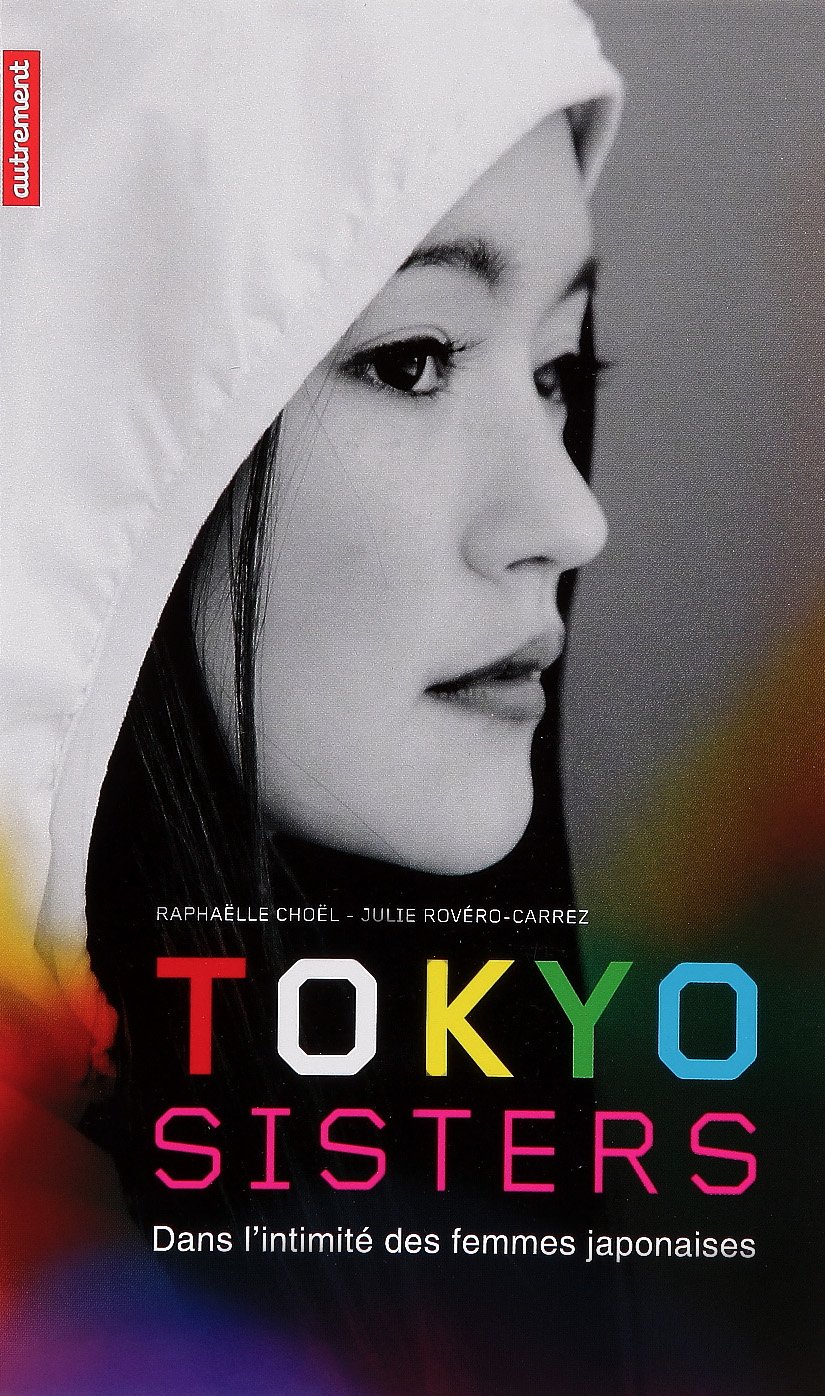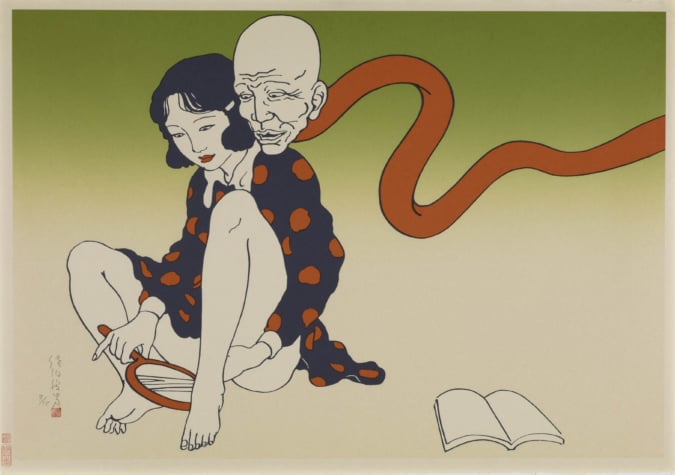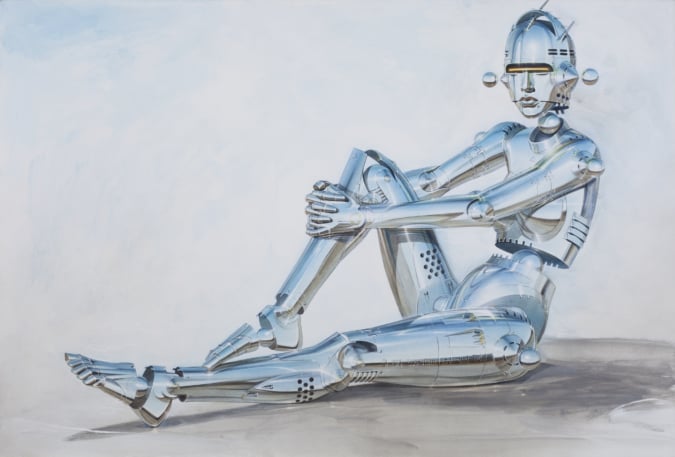‘Tokyo Sisters’, a Radioscopic Examination of Womanhood
In this book, journalists Raphaëlle Choël and Julie Rovéro-Carrez document their interviews with around one hundred Japanese women.

© Éditions Autrement
‘We don’t claim to have understood everything. One day, we’re proud to have understood one aspect of civilisation, then the next, everything is turned upside down. Knots are tied, untied, tied once more… Japan is the school of humility.’ Raphaëlle Choël and Julie Rovéro-Carrez, who co-wrote Tokyo Sisters, spent a little over a year in the Japanese capital. There, they met women from all backgrounds, and shared long conversations with them.
Tokyo Sisters is therefore a snapshot of women in Tokyo in the 2000s. Married or single, housewives or businesswomen, college or university students, or even retirees, the voices that express themselves in this book are many and varied, and each sheds new light on a different facet of Japanese society.
A portrait gallery
Tokyo Sisters does not have a sociological aim as such, as the two authors did not seek to analyse or put their interlocutors’ statements in perspective. These testimonies reveal the everyday experience of Japanese women, their vision of relationships, motherhood, ambition, their status as women, and the role that has been assigned to them by this highly patriarchal society. The texts express intimate, personal viewpoints, but ones that should be considered as they are and not as standards of what the Japanese woman could be.
Tokyo Sisters is intended to be more like a portrait gallery, with each portrait providing the subject for a chapter. These snapshots of women in the largest megalopolis in the world, which can be enjoyed in succession or sifted through by the themes addressed, outline the different profiles of Japanese women.
Tokyo Sisters (2010), a book by Raphaëlle Choël and Julie Rovéro-Carrez, is published by Autrement (not currently available in English).
TRENDING
-
A House from the Taisho Era Reveals Its Secrets
While visiting an abandoned building, Hamish Campbell discovered photographs the owner had taken of the place in the 1920s.

-
The Taboo-Breaking Erotica of Toshio Saeki
The master of the 1970s Japanese avant-garde reimagined his most iconic artworks for a limited box set with silkscreen artist Fumie Taniyama.

-
With Meisa Fujishiro, Tokyo's Nudes Stand Tall
In the series 'Sketches of Tokyo', the photographer revisits the genre by bringing it face to face with the capital's architecture.

-
Masahisa Fukase's Family Portraits
In his series ‘Family’, the photographer compiles surprising photos in which he questions death, the inescapable.

-
Hajime Sorayama's Futuristic Eroticism
The illustrator is the pioneer for a form of hyperrealism that combines sensuality and technology and depicts sexualised robots.





